- Departments
- Emmy Noether Research Group for Organosulfur Cycling
Emmy Noether Research Group for Organosulfur Cycling
Group Leader
MPI for Marine Microbiology
Celsiusstr. 1
D-28359 Bremen
Germany
|
Room: |
3242 |
|
Phone: |
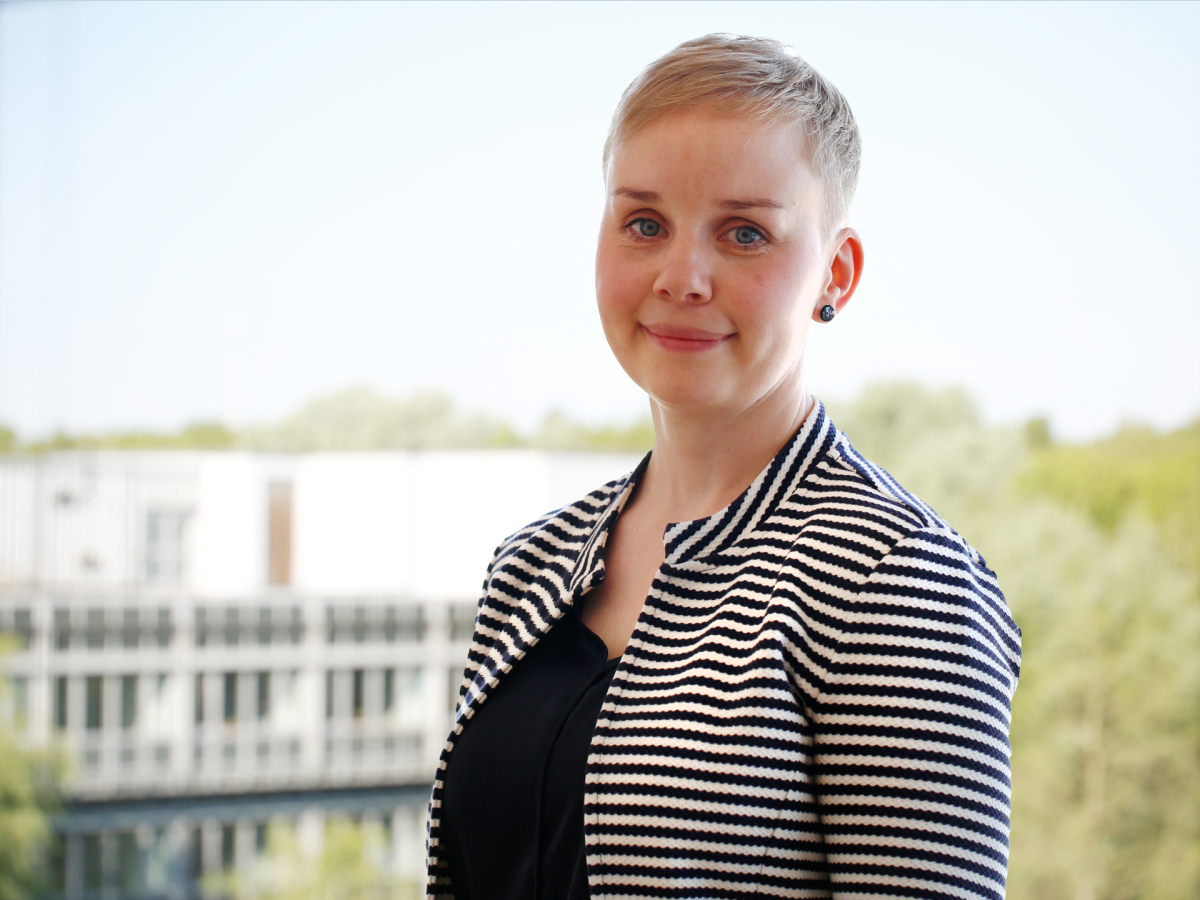
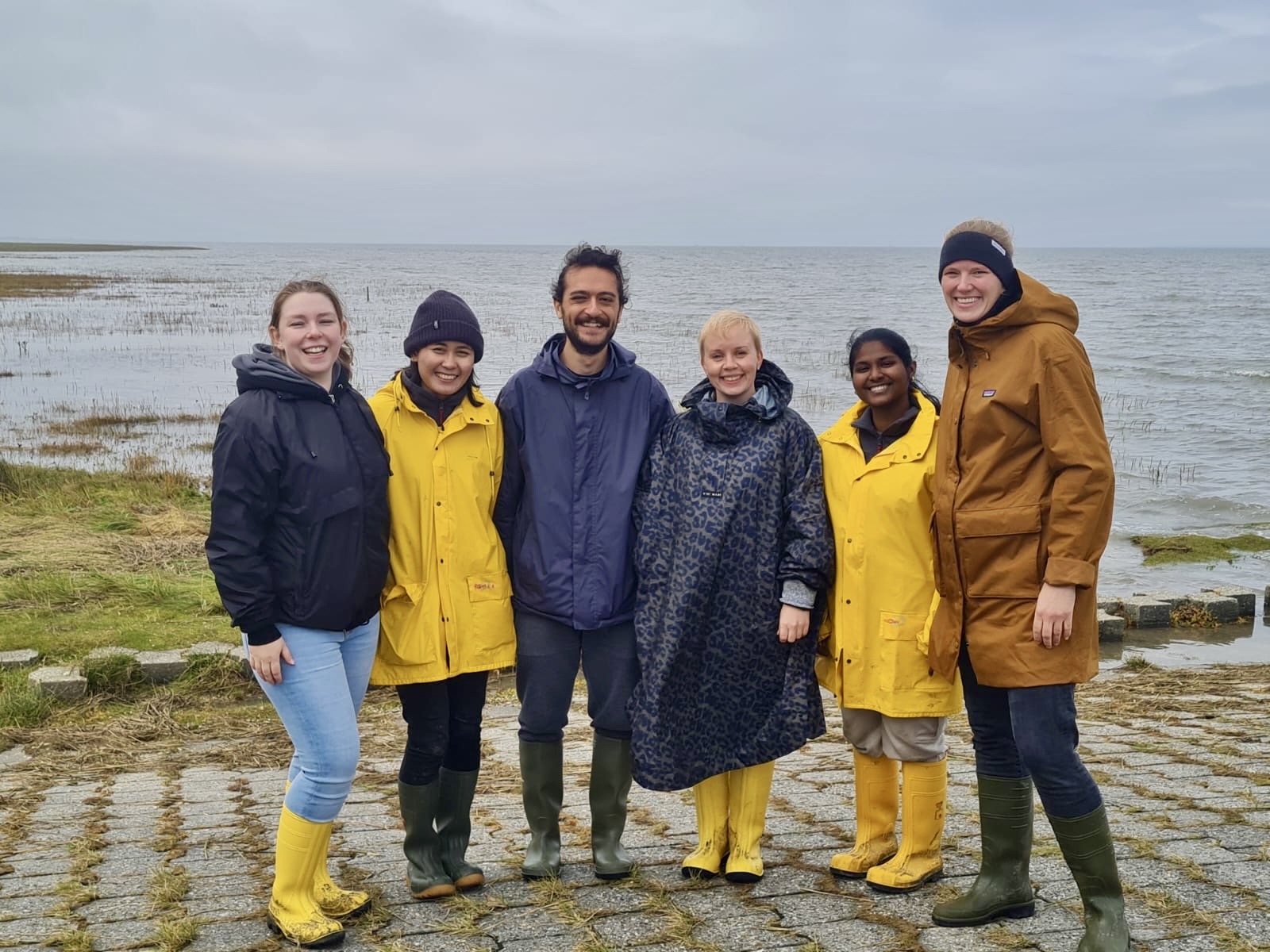
Eileen Kröber's research focuses on organic sulfur compounds which are produced in our oceans and play an important role in climate regulation. These compounds are produced in large quantities in seagrass beds, mangroves and coral reefs – habitats where numerous worms and mussels obtain their nutrition with the help of symbiotic bacteria. This is where Kröber's research comes in: To date, it is not known to what extent such symbioses use the climate-cooling sulfur compounds as a source of energy and sulfur and thus reduce their release into the environment.
Specifically, in the Emmy Noether junior research group that will now be established, Kröber wants to investigate how organic sulfur compounds contribute to the nutrition of symbioses. “Although the importance of these compounds for marine biology and ecology is becoming increasingly clear, it is surprisingly not known whether they can be used by symbioses between bacteria and marine animals,” Kröber explains. “My initial results show that organic sulfur compounds are important for the nutrition of symbiotic partners. To gain a deeper understanding of their importance, I will use a variety of different state-of-the-art methods, such as metatranscriptomics, -proteomics and -bolomics, coupled with experiments in the lab.”
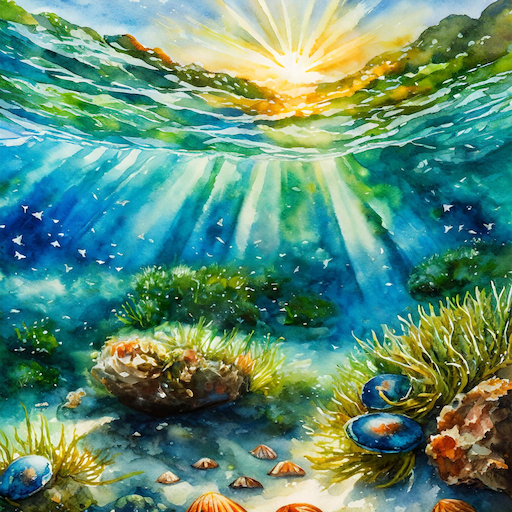
NEWS
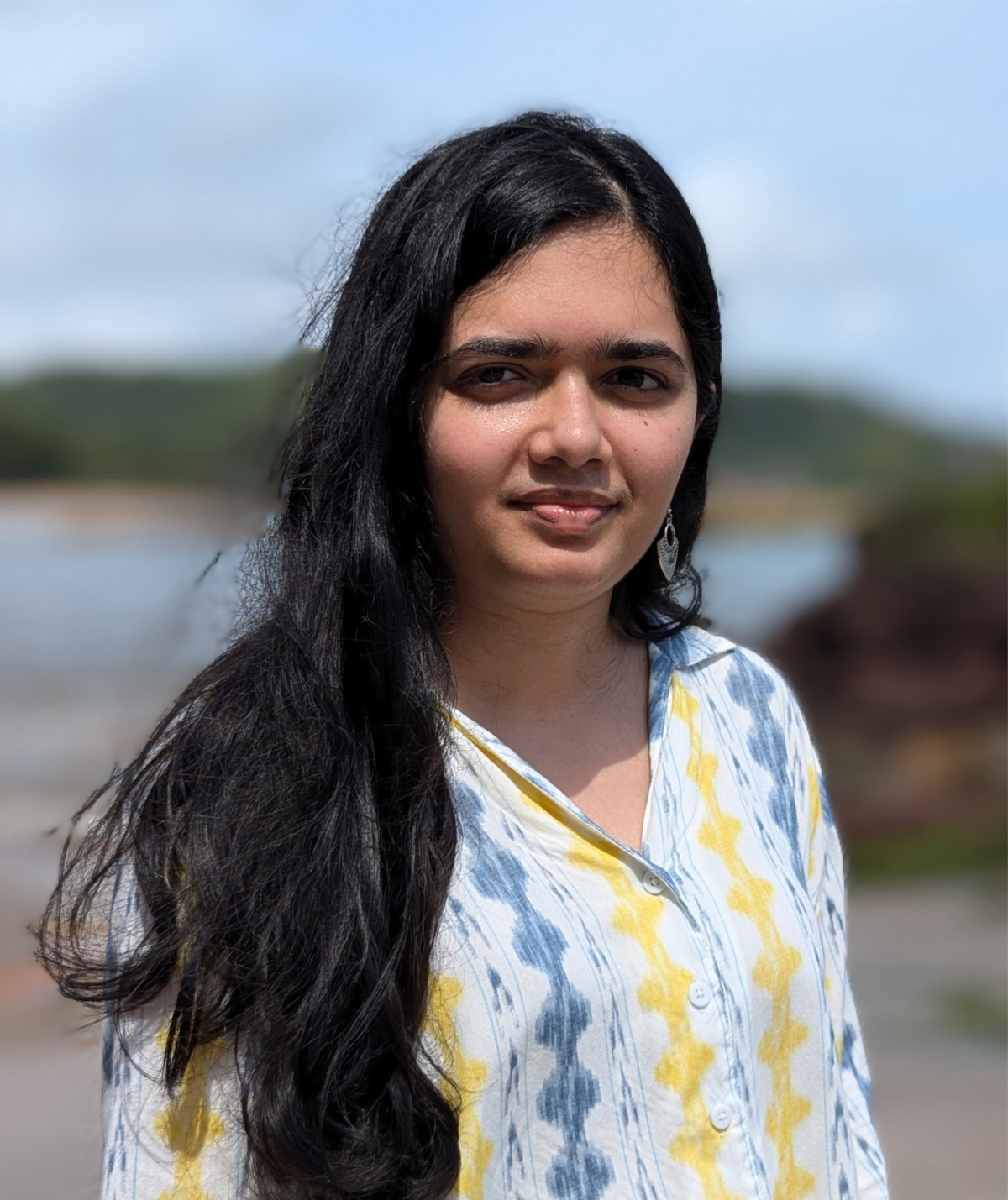
Exciting News - Welcoming Mayukhmita Ghose to Our Group!
We’re thrilled to announce that Mayukhmita Ghose, a PhD student from the CSIR-National Institute of Oceanography (NIO) in Goa, India, will be joining our Emmy Noether Research Group for Organosulfur Cycling at the Max Planck Institute for Marine Microbiology early next year!
Mayukhmita has been awarded the 2025 POGO-SCOR Fellowship – a competitive and prestigious program aimed at supporting early-career scientists in oceanographic research. She’ll be spending three months with us starting January 2026 to dive deep into Stable Isotope Probing (SIP) and metagenomics.
Her work focuses on microbial carbon cycling in mangrove ecosystems – an important piece of the blue carbon puzzle. During her stay, she’ll get hands-on experience with SIP and metagenomic workflows, and together we’ll explore how these tools can reveal which microbes are actively storing carbon in these ecosystems.
We’re really looking forward to hosting her, exchanging ideas, and supporting her efforts to establish SIP back in India. Welcome, Mayukhmita – we can’t wait to have you in Bremen!
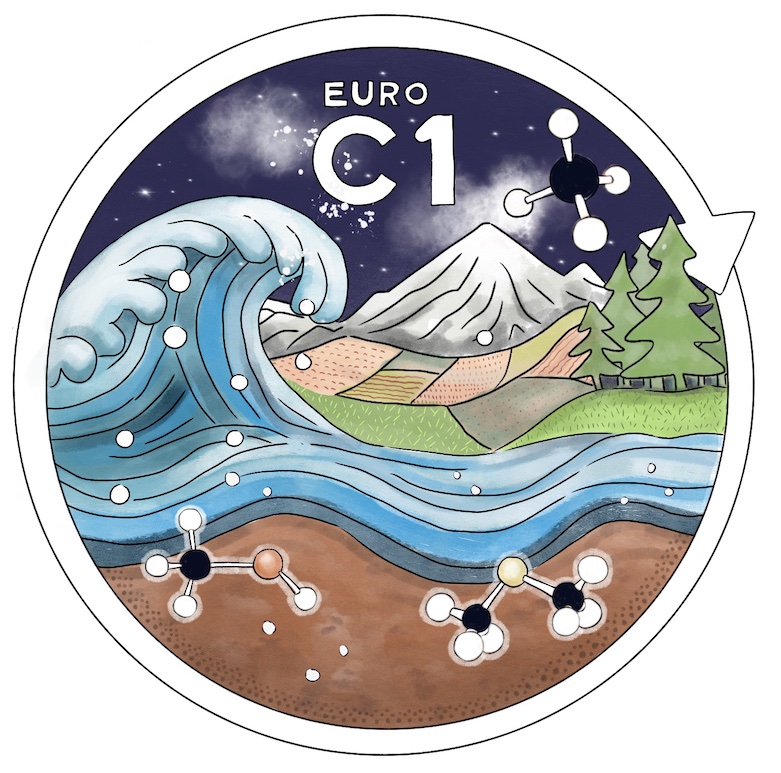
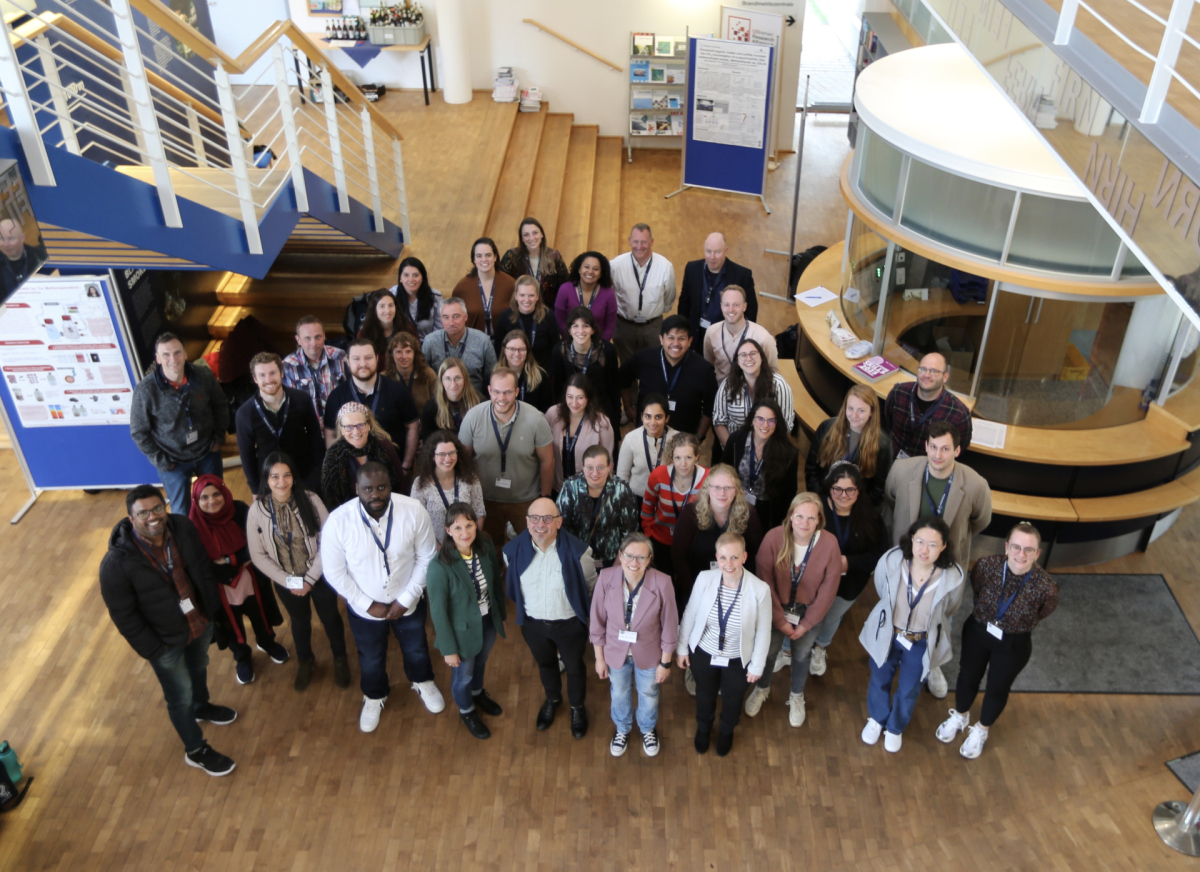
May 2025 - Euro C1 Meeting at the MPI Bremen
Last week, we had the pleasure of hosting the Euro C1 Conference 2025 at the Max Planck Institute in Bremen, bringing together an enthusiastic group of researchers from across Europe and beyond to discuss the latest in carbon cycling, microbial ecology, and related fields.
The conference kicked off with a warm welcome and a vibrant atmosphere as participants arrived, reconnected, and prepared for a packed scientific program. We were honored to feature two outstanding keynote speakers:
- Ulisse Cardini (Marine Symbiomes Group, Stazione Zoologica Anton Dohrn) opened the meeting with a fascinating talk on “Seagrass meadows as climate regulators”, highlighting their role in balancing primary production and greenhouse gases.
- Cornelia Welte (Radboud University) followed with a thought-provoking presentation titled “Challenging Methanotrophy: Carbon Monoxide Metabolism in Anaerobic Methanotrophic Archaea”, offering new insights into microbial carbon metabolism.
The rest of the program included a rich variety of talks and posters from both early-career and senior researchers, spanning topics such as organosulfur cycling, C1 metabolism in pollutant degradation, anaerobic methanotrophy, methanotroph ecology, and emerging mechanisms of microbial methanogenesis. Lively discussions, and new collaborations marked every break and social event.
A special thank-you goes to our volunteer jury who evaluated posters and talks, and to everyone who helped make this event a success. We ended the first day with a lovely dinner at the MPI, providing even more opportunities for networking and exchange.
It was a joy to see familiar faces and welcome new ones to Bremen. Thank you to all participants for your energy, curiosity, and inspiring contributions!
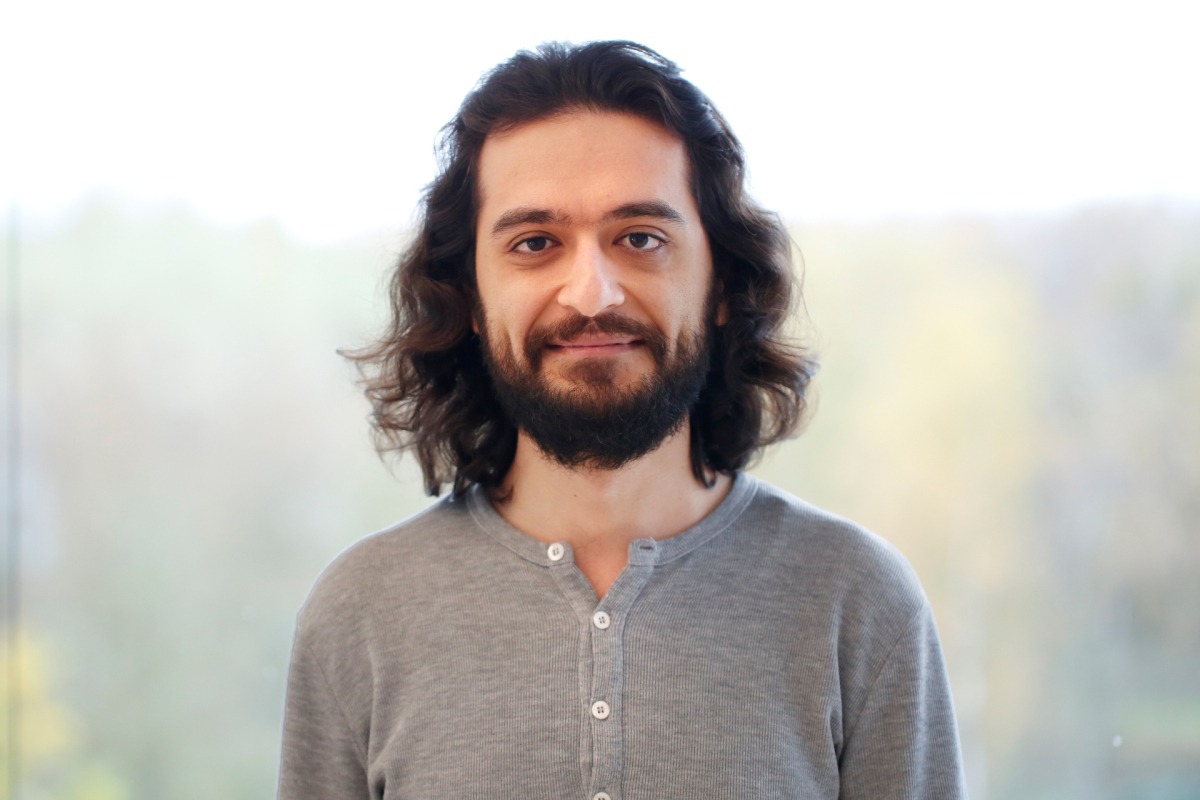
September 2024 - Ibrahim Cem joins the team
Ibrahim Cem joined the Organosulfur Cycling Group as new PhD candidate investigating host organisms and microbial symbionts and how these are involved in organosulfur compounds synthesis, degradation, and ecological interactions. Ibrahim Cem will explore these processes in both shallow-water and deep-sea ecosystems.
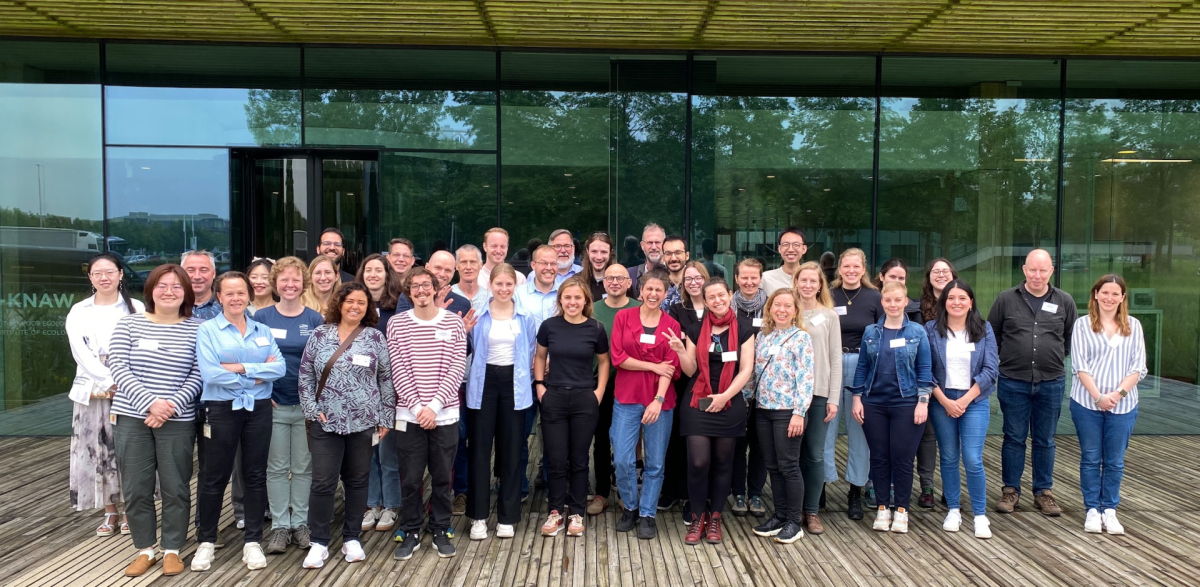
May 2024 - 5th Euro C1 & BVOC Meeting at NIOO-KNAW
We had a fantastic time at the 5th Euro C1 & BVOC Meeting at NIOO-KNAW in the Netherlands! It was great to see so many passionate researchers and scientists come together to share their latest discoveries.
A big shoutout to our PhD student, Kristina, who presented her poster titled "Beneath the Waves: Exploring Organosulfur Cycling in Mediterranean Chemosynthetic Symbioses." Her work caught a lot of attention and sparked some really interesting conversations.
Congrats to Kristina and everyone who made this event so amazing!
We are also happy to announce that the next meeting will take place at the MPI in Bremen. So stay tuned.
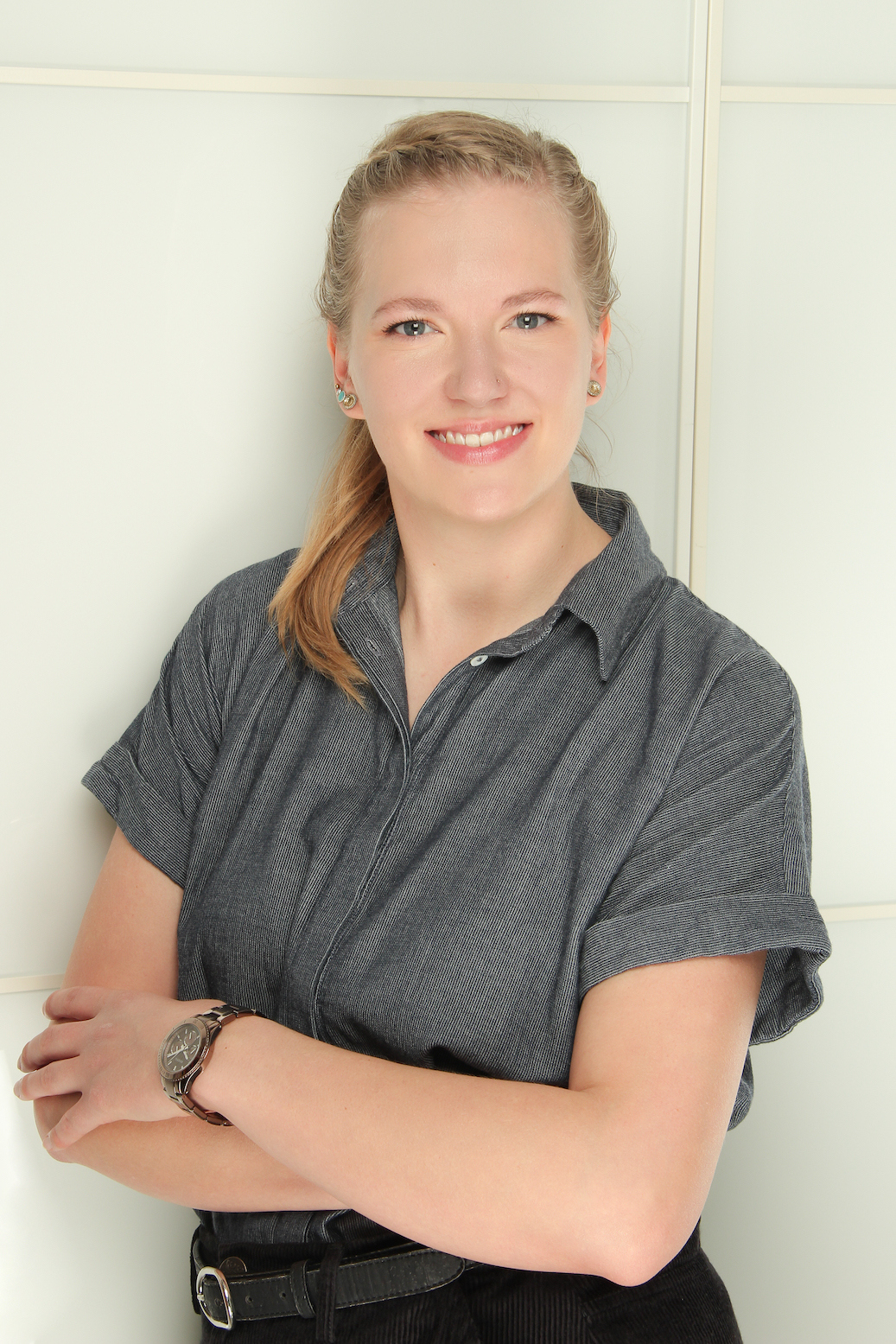
February 2024 - Kristina joins the team
Kristina joined the Organosulfur Cycling Group as new PhD candidate working on the biochemical pathways of organosulfur compound metabolism and cycling in gutless oligocheates and lucinid clams.